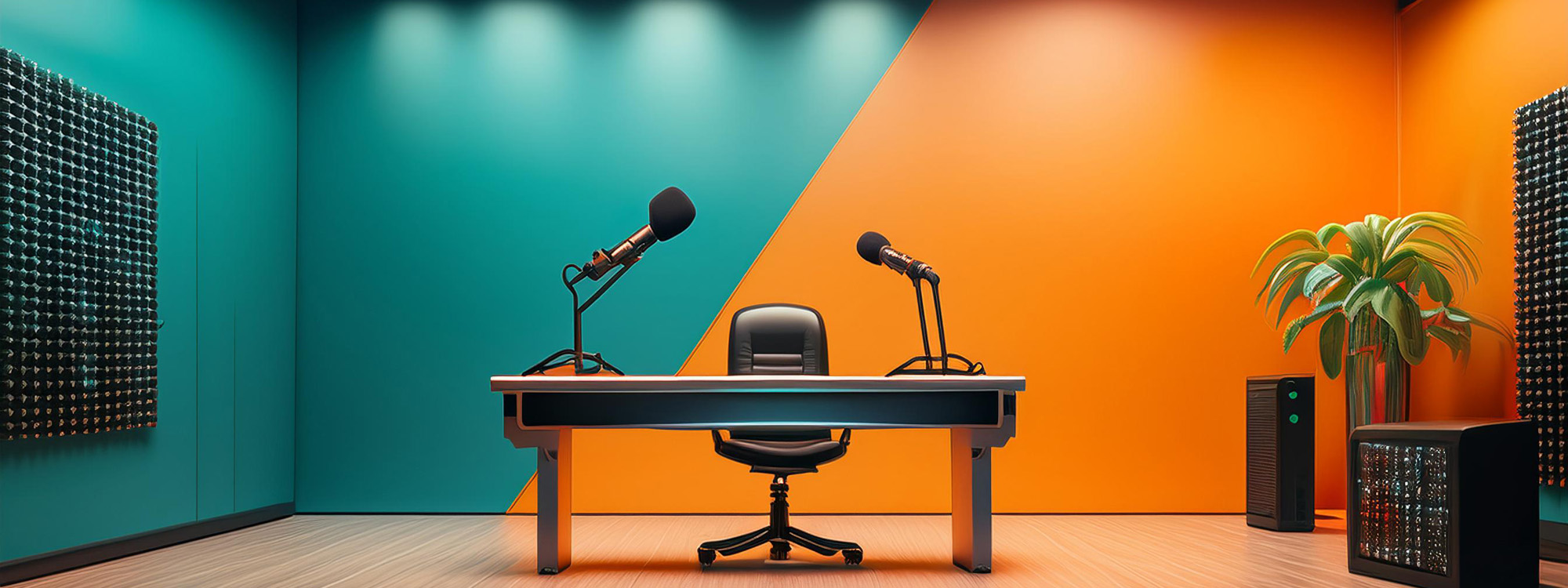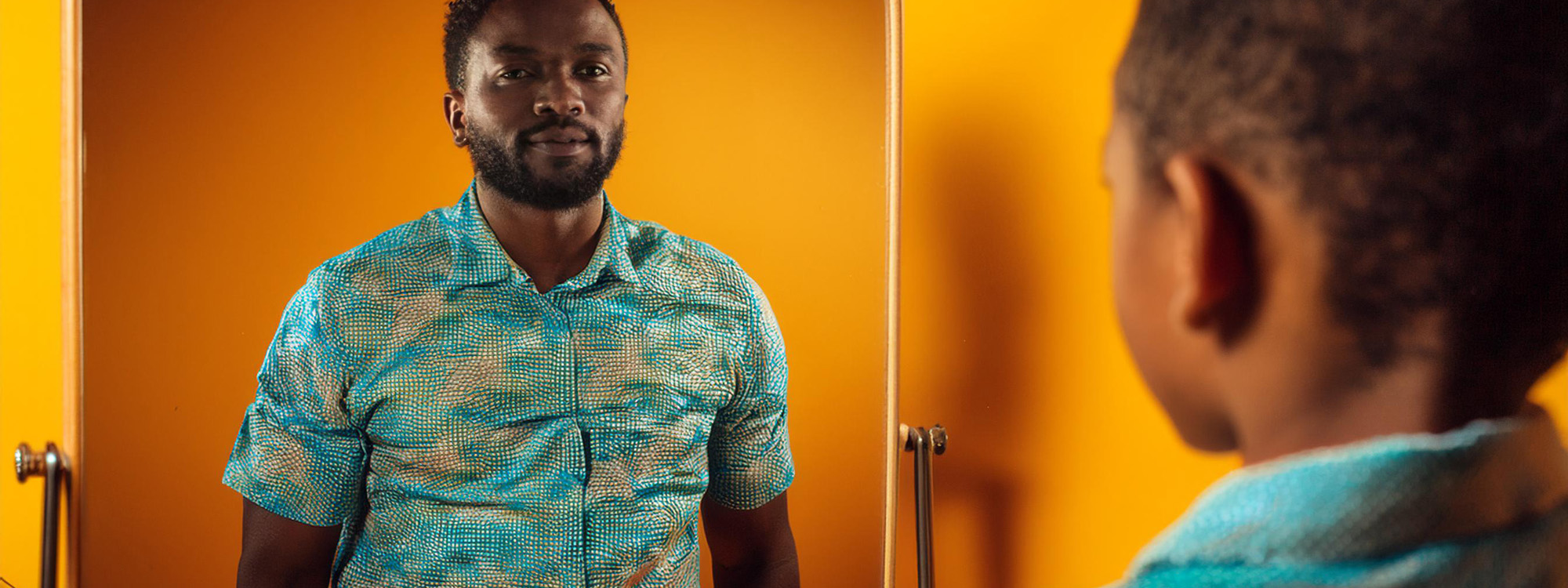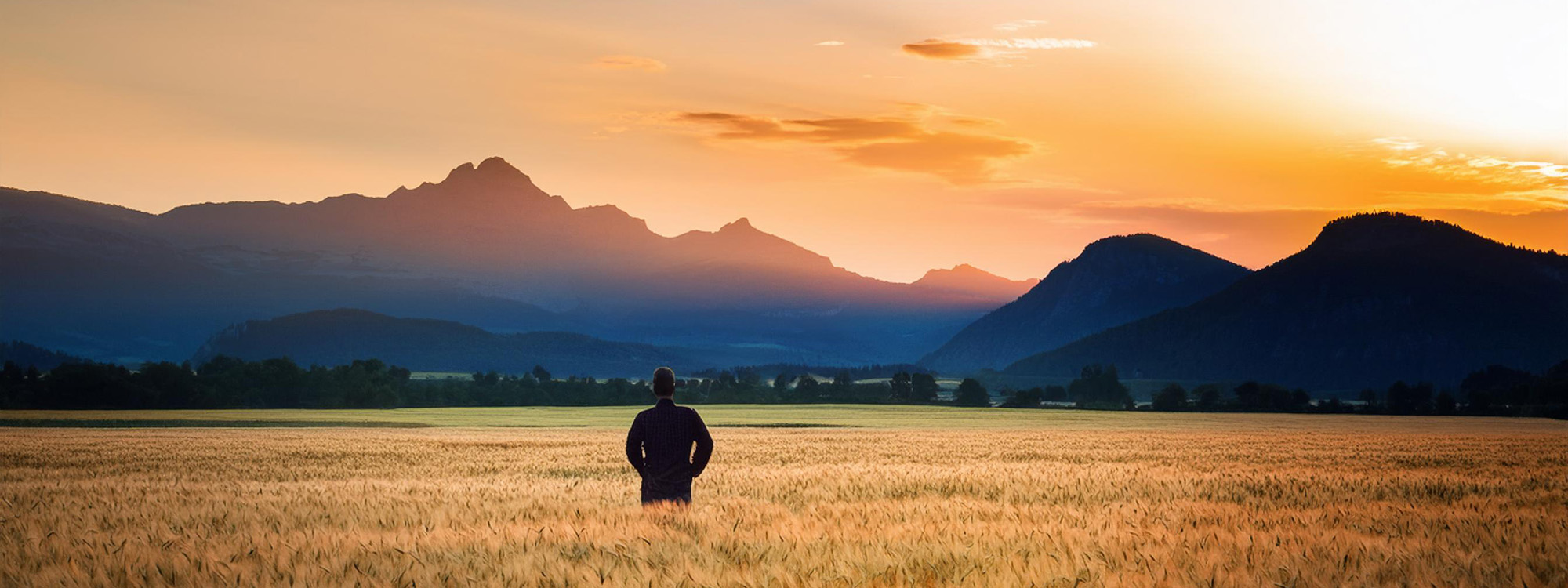| |
A BBC radio drama and an online documentary from Channel 4 both open up the topic of non-offending pedophilia The 2010s were a watershed era for non-offending, anti-contact pedophilia. VirPed arrived in 2012; its offshoot MSC followed in 2016. Anti-contact MAP voices on Tumblr and Twitter proliferated toward the end of the decade, while Past the Dark Field by Sheila van den Heuvel-Collins and Virtuous Pedophiles by Gary Gibson were released, and the first series of The Prevention Podcast interviewed non-offending/anti-contact MAPs.
We are now seeing some of the second generation results of this and other activity in the UK. Channel 4's watershed The Paedophile Next Door laid ground on which Becky Southworth's BBC documentary Can Sex Offenders Change? was built. And now others are picking up on the topic.
Delayed from 2019, Rhiannon Boyle's BBC Radio debut play Safe from Harm was released in January 2021, and Channel 4's Let's Talk: Child Sexual Abuse was released online in August. Both include direct representation of non-offending, anti-contact MAPs; both take different approaches.
radio under the radar
For those reading this outside the UK, it's worth saying that BBC Radio 4 is known here as the station of middle-class respectability. Its surface image has always given it licence to go after controversial topics other broadcasters can't. Its high output of audio drama includes topics that television and film hesitate to touch. Radio can go to places that can be ethically or practically difficult to film. It more easily gives us access to characters' inner thoughts and visions. It removes visuals that can distract us with visceral or prejudiced reactions. We are less able to judge by appearances on radio.
Rhiannon Boyle's play uses this to take us into the intimate world of Alys (Sian Reece-Williams), a teacher and mother who finds herself adrift in issues around children, sex, abuse and pedophilia when a trusted teaching colleague with whom she has been flirting is arrested for distribution of CSAM. As well as causing her to privately reflect on matters of her own sexuality, the incident intensifies fears that she has around the safety of her young daughters, and it sends her searching for answers.
She unexpectedly finds some of these in the confusing, meek figure of Christian (Oliver Ryan), a non-offending ‘celibate pedophile' who runs a support website for people like himself. He becomes Alys' unorthodox guide to the distinction between offenders like her former colleague and others with attractions to children.
a ‘celibate pedophile' that speaks
One interesting choice in this drama is that Alys' offending teaching colleague barely has a voice. Catherine Robinson's sound design places the uncredited actor's lines beneath Alys' narration. Christian, though, is permitted to speak for himself. Boyle takes two scenes to allow him to articulate a series of talking points that those of us involved in Virpeds know all too well: that ‘pedophile' is not synonymous with ‘molestor'; that MAPs typically discover their attractions in their teens; that some of us are also attracted to — and date — adults.
These simple realities that some of us have always known are nonetheless a remarkable thing to hear in a drama on a prestigious platform, not just being repeated to those who already know them, as is too often the case, but to a mainstream audience. It's also a major step forward that these are placed in the voice of a NOMAP rather than say, a more distanced professional figure, and fairly reflect what a NOMAP would say.
However, the things Christian talks about do not easily gel with Alys' previous conception of who is bad and who is good. Christian's failure to be a monster sets up a crisis in Alys that leads us to an unexpectedly violent conclusion.
The plot arc that tips Alys from heroism to anti-heroism is there to create moral ambiguity - to ask the old "who is the monster, really?" question. While the drama has beats to show the increasing stresses on Alys, the actions she takes do feel a bit too big for the situation. My understanding is that those tangentially involved in a CSAM arrest or with a non-offending pedophile in their lives are more likely to resort to silence and hiding to deal with their ambivalent feelings. It's much less common for them to exernalise the feelings into acts. Silence is the greater source of people's suffering around these topics.
So the drama is strongest when it allows us to sit with Alys' internal thoughts. We hear how her role as an at-sea sex educator sits uncomfortably alongside her own desires to sexually cheat. We hear her anxieties as a parent about her young children and the possibility that they may draw sexual attention from anonymous men. By the end of the play we have rethought her perspective twice. First, we get out of denial and can see that many pedophiles do exist in the world around children every day, and then second we come to the bigger realisation that for the most part this never has any effect on children's safety.
Listening to Alys try to piece together these unexpected, counterintuitive facts with society's fears and her own is an intimate and humanising experience, which at times felt like it could have developed into a Talking Heads-style monologue as easily as into a multi-character drama. All the characters in this piece are powerfully disrupted by social narratives and moral conceptions that don't fit their reality, but Alys most of all.
The blurb for the play on BBC Sounds reflects this by talking about "the devastating ripple effects of paedophilia". There is never any doubt that Alys' CSAM-distributing colleague is the least moral character in the play, but a truer statement would be that the play is about the effects of false understandings about pedophilia and sexual morality generally.
The author has confirmed that this was a difficult piece to develop and place, so it is good news for representation that she persisted through six years of delays and difficulties to bring Alys and Christian's complementary voices to this platform. It's also gratifying in some ways that the controversy that the producers must have surely feared did not materialise. The three responses to anything involving pedophilia tend to be outrage, embarassed silence or quiet, thoughtful, invisible realisation. I have some faith that in the absence of controversy, the last one happened here. I'm hoping that we can hope for a NOMAP character to appear in a soap opera next. It's a plotline rich with potential.
Safe from Harm was a BBC Writersroom Wales production directed by Helen Perry.
short-form documentary
A bit of disclosure first about Let's Talk: Child Sexual Abuse. I was consulted by the production team on the final section involving an interview with a non-offending MAP, and in particular inputted ideas on the best ethics of how to represent their subject (who was not me) in a way that safely preserved his anonymity.
Let's Talk: Child Sexual Abuse is a documentary aimed at younger viewers about this subject. Running across just three short episodes of 10-15 minutes each, it does a surprisingly good job of flying past most of the key issues, taking in survivor experience, current research on abuse, how offenders and potential offenders are helped, the controversial topic of ‘hunting' and finally the conversation with a non-offending pedophile.
Compared to the BBC, Channel 4 has always given itself more licence to use provocative titles and premises to grab attention, as in its 2015 documentary The Paedophile Next Door. In this case, the angle is presenter Jonny Pelham's unorthodox response to being abused in his childhood: to make a standup comedy show about it, a high risk move that he capably handles and which audiences clearly buy.
a sympathetic presenter
However, Pelham's comedy show, of which I would have liked to see more, is not the focus here. Pelham is here as an everyman-with-insight, responding in the way most people would to the unexpected facts that emerge in this series. Like Alys in Safe from Harm his reactions of surprise, unease and disgust at his findings and some of the unpalatable details mirror the target audience's.
Part One talks about the experience of being a victim of child sexual abuse, a story often told but (rightly) impossible to leave out; Part Two is about how sexual abuse is detected and responded to; Part Three narrows down on the concept of primary prevention: interventions with pedophiles before (or I prefer to say instead of) an offence.
Two things leap out about this. Firstly, the ordering of interviews means we progress from Jonny's initial understanding as a survivor, follow him through his dissatisfaction with "pedo-hunting" towards solutions that rely on better understanding of pedophiles, and so the arc of Jonny's journey reflects the current search for a more enlightened and progressive approach that is not just anger, blame and shame.
However, this structure also lays bare a prior assumption on the part of the documentary makers. In Part 2 we learn via Nicholas Blagden of NTU that most sexual abusers of children are not pedophiles and that pedophilia is not a necessary or sufficient condition to create a risk of abuse. That means when part 3 then focuses only on those with a sexual attraction to children instead of the all-encompassing category of potential sexual abusers, there is an inconsistency of message. Are we searching for a solution to abuse or to demystify sexual attraction to children? They are actually, we discover, two separate questions that are only sometimes linked.
voice of the voiceless
Nonetheless, this third part of the documentary does give voice (literally) to a NOMAP, who discusses his attractions and situation with bleak frankness. I think whatever the context, it is important that this happens.
The documentary makers employed an actor to read his lines, but to my surprise (and unlike the approach in Becky Southworth's Can Sex Offenders Change?) also deployed a voice changer on the actor. Voice changers do create a very alienating effect, so to use this when an actor had already been hired, seemed like a waste of an opportunity to humanise the NOMAP's voice.
The interview is short and edited down to its bare bones (I am aware that it actually lasted over an hour) and so wasn't able to get into the nuance of NOMAP experience or all the complications that minor attraction brings to a life. Inevitably, it could not demystify the motivations of a pedophile who abuses, since the subject had not.
I hope that in future documentaries we will be able to see longer and more detailed interviews akin to those on the Prevention Podcast. Still, the few snippets that made the cut were hopefully eye-opening for a mainstream audience. First, that the person was aware of his attractions from age seven. Second, that he had gone through the rare process of coming out to his partner (of which we heard frustratingly few details) and third, of course, that he had dealt with online hate and often considered suicide, despite his access to therapy.
professionals and amateurs
An impressively calm and measured appearance from Juliet Grayson of StopSO includes some bravery on her part, when she gently pushes back at the idea of disgust at people with attractions that are unchosen, and confounds another myth when she describes receiving an email from a girl of 14 seeking support for attraction to children.
A perhaps surprising inclusion, especially given that we heard from nobody within formal law enforcement, is "pedophile hunter" Joanne Stubbs, with whom I've had some respectful and eye-opening conversations in the past. Whatever your feelings about "hunting" (and mine are not positive), she compellingly illustrates, using a decoy account, how vulnerable teenage girls and boys can be to sexual predation on internet platforms. It is absolutely clear from her segment that there is huge cause for concern and not enough resources put into preventing this. The question is whether "hunting" fills this gap, given its habit of causing significant collateral damage.
It is always difficult to talk on camera about traumatic experiences, and so credit must go to Pelham himself and his interviewee Ian Ackley for sharing their stories. For Pelham, a survivor of abuse, associating himself with progressive approaches to pedophilia and prevention represents additional bravery over and above the chutzpah of his standup. At the end of the documentary he is left unsure whether therapy or other interventions would have enabled his abuser to make a different choice. He clearly recognises, though, that survivor voices like his are needed for progressive approaches to gain traction in the face of massive public ignorance on this subject.
Meanwhile, NOMAPs hope for a treatment by documentary that can view us through a lens other than the abuse prevention narrative. We have our own stories of survival to tell, and maybe one day we will be able to tell them in more detail to a wide audience.
About the author: I have been writing and talking about the experience of being a pedophile since 2017. Once on twitter until my account was banned in 2020, I co-led Virtuous Pedophiles from 2021 to 2025. I now continue to look for ways to improve the lives of pedophiles, but never at the expense of harming children. I have never viewed illegal material, and never sought or engaged in sexual activity with any child. The rest of my life is countryside walking, friends, Radio 3 and feeling doleful about ageing. No Offence is currently live on Substack, where you can subscribe for email updates. This content is either previously published there or scheduled for future publication. | |






 thread: identification with children
thread: identification with children disorder? orientation? that depends on why you're asking
disorder? orientation? that depends on why you're asking the chasm between celibate pedophiles and acceptance
the chasm between celibate pedophiles and acceptance